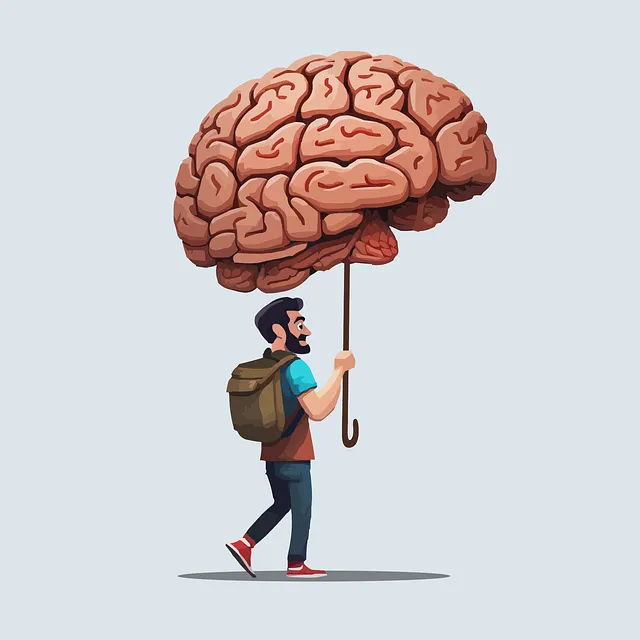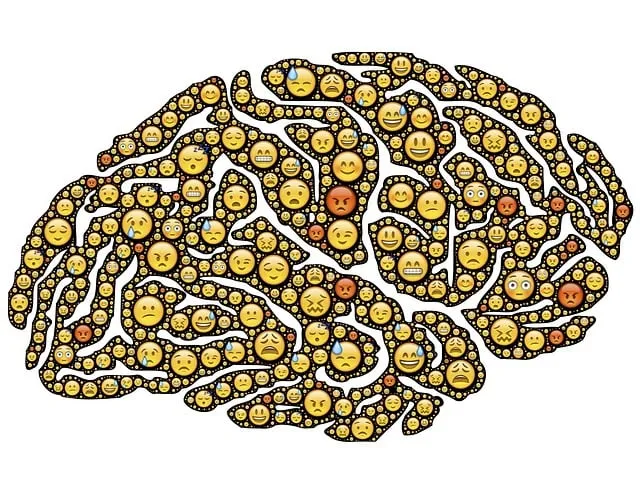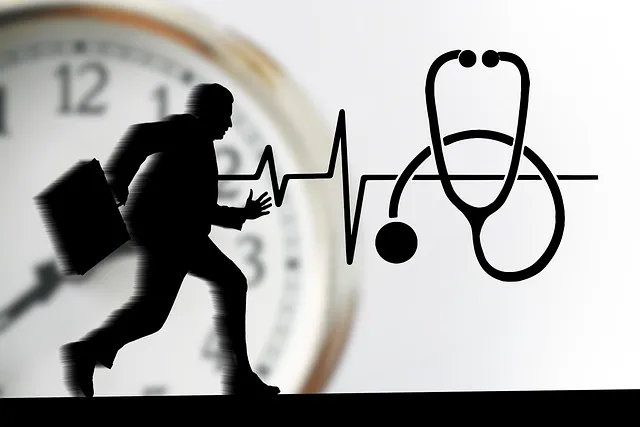The Centennial Kaiser Permanente mental health facility leads the way in promoting emotional intelligence (EQ) as a key to enhanced well-being. Through comprehensive services, they educate individuals of all ages on stress management, self-awareness, and empathy, fostering a more resilient and emotionally intelligent community. Their holistic approach includes policy advocacy, practical strategies for mental health professionals, and public awareness campaigns, ultimately improving mental health outcomes beyond the facility's walls.
Emotional intelligence (EQ) is a powerful tool for personal and professional growth. Understanding EQ involves recognizing and managing one’s emotions, as well as empathizing with others. This article explores the significance of emotional intelligence, highlighting the role of institutions like the Centennial Kaiser Permanente Mental Health Facility in fostering its development. We’ll also provide practical strategies to enhance EQ daily, empowering folks to navigate life’s challenges more effectively.
- Understanding Emotional Intelligence: Unlocking the Power Within
- The Role of Centennial Kaiser Permanente Mental Health Facility in EQ Development
- Practical Strategies for Enhancing Emotional Intelligence Daily
Understanding Emotional Intelligence: Unlocking the Power Within

At the Centennial Kaiser Permanente mental health facility, we recognize that emotional intelligence (EI) is a powerful tool for enhancing overall well-being and preventing burnout, particularly in today’s fast-paced and demanding world. EI involves recognizing and managing one’s own emotions, as well as understanding and empathizing with others’ feelings. This ability to navigate complex social interactions with sensitivity and awareness can significantly impact personal and professional success.
By fostering emotional intelligence, our facility aims to empower individuals to better cope with stress, build stronger relationships, and make more informed decisions. Through various programs and initiatives, we promote public awareness campaigns development focused on EI, understanding its role in burnout prevention. By equipping people with the skills to recognize and regulate their emotions, we believe that they can unlock a deeper sense of self-awareness and resilience, ultimately leading to improved mental health outcomes at the Centennial Kaiser Permanente facility and beyond.
The Role of Centennial Kaiser Permanente Mental Health Facility in EQ Development

The Centennial Kaiser Permanente Mental Health Facility plays a pivotal role in fostering emotional intelligence (EQ) development through its comprehensive services and programs. This facility is dedicated to not only providing clinical care but also empowering individuals with the skills to navigate their emotions effectively. By integrating mental health education into community outreach programs, the facility offers valuable resources that promote EQ from an early age. Their Mental Health Policy Analysis and Advocacy efforts contribute to creating a supportive environment where open discussions about emotional well-being are encouraged.
Through the design of innovative Mental Health Education Programs, the Centennial Kaiser Permanente facility educates both youth and adults on various stress reduction methods tailored to different life stages. These programs not only teach coping strategies but also encourage self-awareness and empathy—key components of EQ. The facility’s holistic approach ensures that individuals leave with practical tools to enhance their emotional resilience, fostering a healthier and more emotionally intelligent community.
Practical Strategies for Enhancing Emotional Intelligence Daily

At the Centennial Kaiser Permanente mental health facility, practitioners recognize that emotional intelligence is a dynamic skill that can be cultivated and enhanced through practical strategies integrated into daily routines. One key approach involves self-care practices, such as setting dedicated time for relaxation, engaging in regular physical activity, and maintaining a balanced diet. These foundational habits not only support mental well-being but also bolster the ability to manage stress effectively.
Additionally, incorporating stress reduction methods like mindfulness meditation, deep breathing exercises, or journaling can significantly contribute to emotional intelligence development. These practices enable professionals to better understand their own emotions and those of their clients. Moreover, integrating Risk Management Planning for Mental Health Professionals into daily operations ensures that individuals are equipped to handle challenging situations with empathy and resilience, fostering a healthier work-life balance and enhancing overall emotional intelligence.
Emotional intelligence, a vital skill for personal and professional growth, can be nurtured and developed. As demonstrated by the innovative programs at the Centennial Kaiser Permanente Mental Health Facility, combining awareness with practical strategies is key to enhancing EQ. By integrating emotional understanding into daily routines, individuals can improve their relationships, make better decisions, and lead more fulfilling lives. This journey of self-discovery and empathy is accessible to all, offering a transformative path forward.






